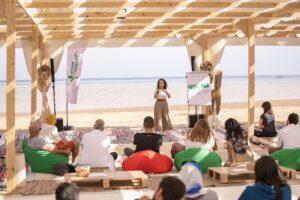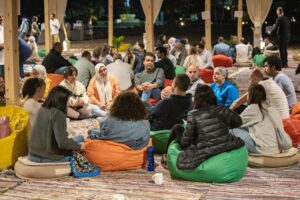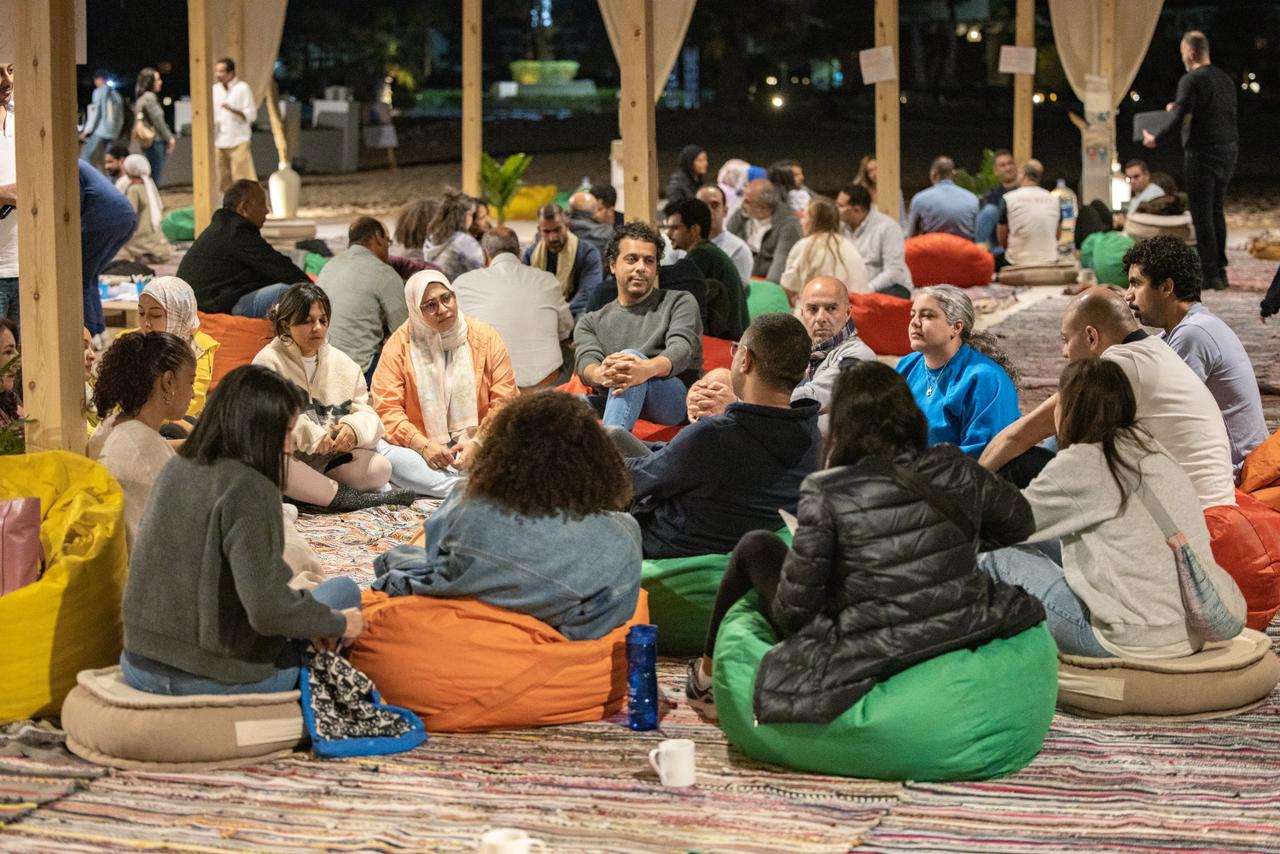The inaugural “Green Connect” Forum, organized by JRNY under the auspices of the Ministries of Environment and Agriculture, concluded with the presentation of an initial framework for Egypt’s transition to a green economy.
Under the patronage of the Ministries of Environment and Agriculture, organized by JRNY in collaboration with international partners including Hivos, Tetra Pak, USAID Business Egypt program implemented by DAI, GIZ through the NSWMP/EU Green project, and Track3 as the public relations partner, the three-day forum brought together key stakeholders in Egypt’s sustainability ecosystem to develop strategic solutions for advancing the green economy.
The event saw participation from key representations from the Ministry of Water Resources and Irrigation, the Ministry of Planning and Economic Development, the Financial Regulatory Authority (FRA), and the “Erada” initiative.
The forum discussed challenges and opportunities across five key sectors: energy, agriculture and food, waste management, sustainable finance, and sustainable business. These discussions aimed to develop initial recommendations for Egypt’s green transition, aligning policies, investments, and innovation for a sustainable and inclusive future.
The Ministry of Environment, represented by Mohamed Moatamed, Assistant Minister for Planning, Investment, and Institutional Support, conducted awareness session focused on the different programs designed to facilitate business innovation and green transition. Contributions also came from Ayman Refaie, G.M. Mitigation & CDM general management at the Egyptian Environmental Affairs Agency, and Eng. Sherif Abou El-Magd, Head of the IT Department at the Waste Management Regulatory Authority.
Collaborating with the Ministry of Agriculture, represented by Dr. Sherine Assem, Vice President of the Agricultural Research Center, and Dr. Fadl Hashem, Executive Director of the Climate Change Information Center, the two ministries reaffirmed the government’s commitment to enabling sustainable policies, supporting local communities, and enhancing resilience to climate challenges.
Private sector leaders, including Tetra Pak, Sanofi, Siemens, and Vodafone, showcased innovations in clean energy, circular economy models, and sustainable business practices. Companies like Karm Solar and Agrona presented scalable solutions, while international NGOs like USAID, GIZ, Hivos, and UNDP emphasized the importance of global collaboration in building capacity, mobilizing resources, and aligning financing with sustainability goals.
Financial institutions such as Crédit Agricole and the Agricultural Bank of Egypt discussed green financing mechanisms and integrating sustainability into financial systems. Universities and research centers highlighted the importance of fostering green innovation and workforce development, while civil society organizations stressed the role of community-driven initiatives and inclusivity in achieving long-term sustainability.
Dalia Saeed, co-founder and CEO of JRNY, described the Green Connect Forum as a pivotal step toward unifying efforts for Egypt’s green economy transformation. She noted that the forum laid the groundwork for achieving resilience, inclusivity, and sustainable growth, marking the beginning of a broader network for sustainable development. Based on the success of this year’s edition, the second edition will be held in 2025 to track progress on implementing the roadmap and expanding the green transition’s impact. JRNY also plans to collaborate with Hivos during the second Hivos Green Growth Summit to foster cooperation and develop innovative mechanisms to support sustainability in Egypt, ensuring a lasting and effective impact.
The 3 days forum concluded with the establishment of initial frameworks, including enhancing sustainable policies, developing green financing mechanisms, strategies to reduce emissions, supporting the innovation ecosystem in green technology, and programs aimed at strengthening community resilience and their ability to withstand climate challenges. Additionally, the development of human capital was identified as a vital element in aligning education and training with the requirements of the green economy, ensuring a workforce equipped to drive sustainable development.















التعليقات مغلقة.